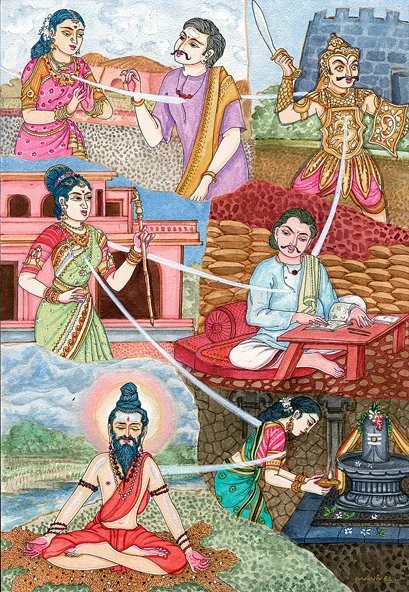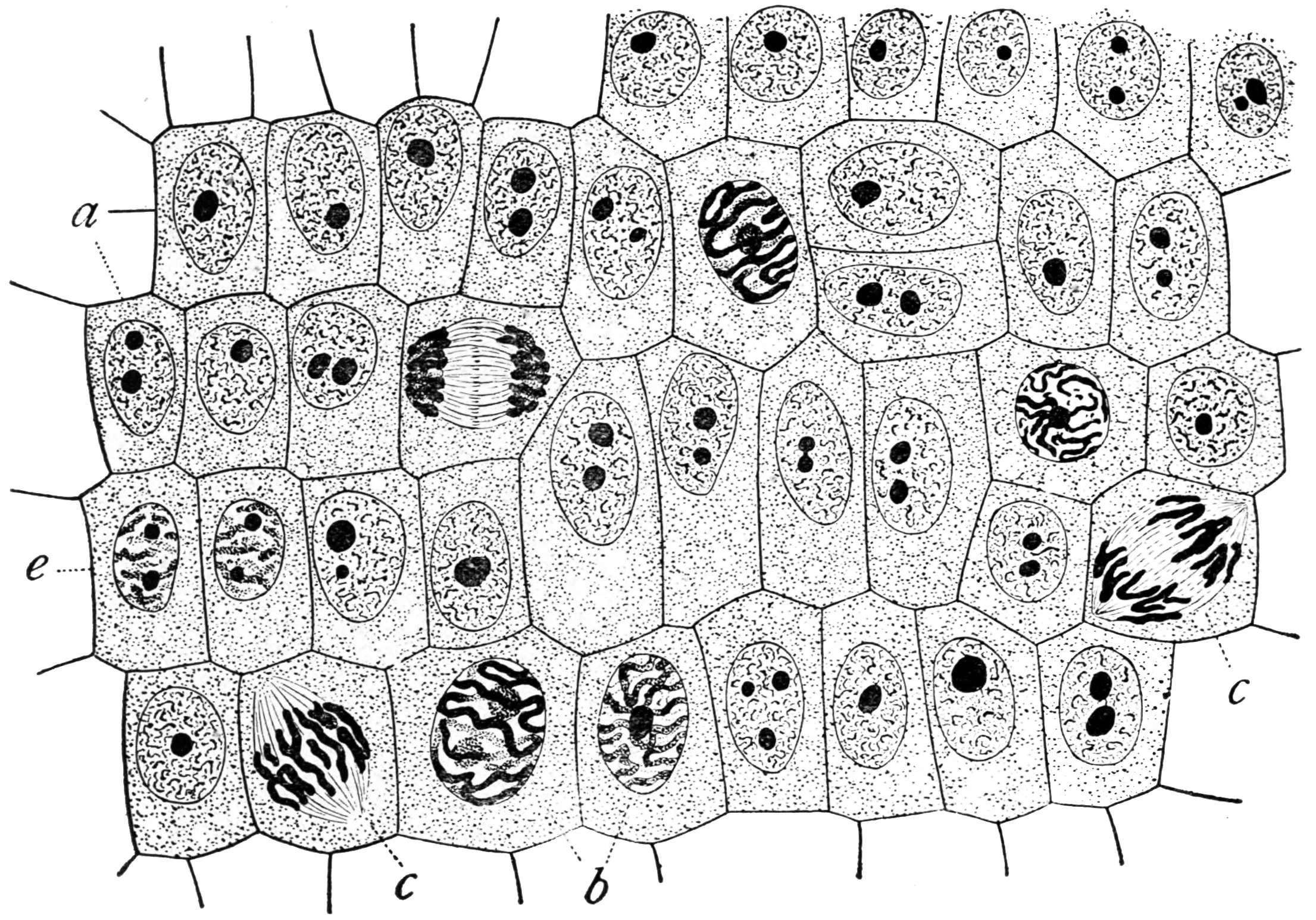Echoes From the Astral Plane
Echoes From the Astral Plane
The moment they stepped into the desert, time fractured.
They weren’t sure if it was the orange peyote button dissolving beneath their tongues or the celestial rhythm that had started thumping behind their ears like a second heartbeat. The sands shimmered like molten glass, and the sky cracked open—not with thunder, but with a whisper.
"You’ve been here before."
The voice wasn't a sound. It was a vibration, like a memory humming inside their bones.
The sun blinked and became a glowing eye, blinking slowly, watching. They walked, but the desert unraveled beneath them like an infinite scroll of dreams. Every step echoed in slow motion, reverberating across a sky smeared with galaxies.
They met the first guardian at the edge of the violet dunes. A figure with a lion’s body, a hummingbird’s wings, and a television screen for a face. On the screen, they saw childhood birthdays, forgotten dreams, and moments they haven’t lived yet.
"Answer, or echo forever," it buzzed.
"What's the question?" They asked.
The guardian simply turned to mist.
Suddenly, they were falling—not down, but inward. Through spirals of neon, through tunnels of sacred geometry and laughter that weren’t their own. Symbols danced. Eyes blinked open across their arms. They smelled colors. Tasted memories. They passed a spiral staircase guarded by fractal monks chanting in palindromes.
Then came the river.
It wasn't water. It was thought—liquid consciousness. It shimmered with every mind that had ever dreamed: poets, madmen, and sleeping children. They touched it and was flooded with stories. One about a mirror that reflected your soul but only when you weren’t looking. Another about a planet where plants whispered secrets to the wind.
On the far bank stood her.
The Astral Weaver.
Tall, robed in flowing light, face hidden behind a mask of infinite expressions.
"You seek truth," she said, her voice like every lullaby ever sung.
"No," They replied. "We seek resonance."
She smiled—maybe—and placed a glowing sphere into their chests. "Then carry the echoes."
They woke up back in the desert, clutching a stone shaped like a spiral. The sky was still. The sand, ordinary. But in their ears, in their chests, in the very marrow of their souls—they still heard it.
The Echo.
Calling them back.
Not to return,
But to remember.
Reincarnation
“Happiness consists of the frequent repetition of pleasure”












